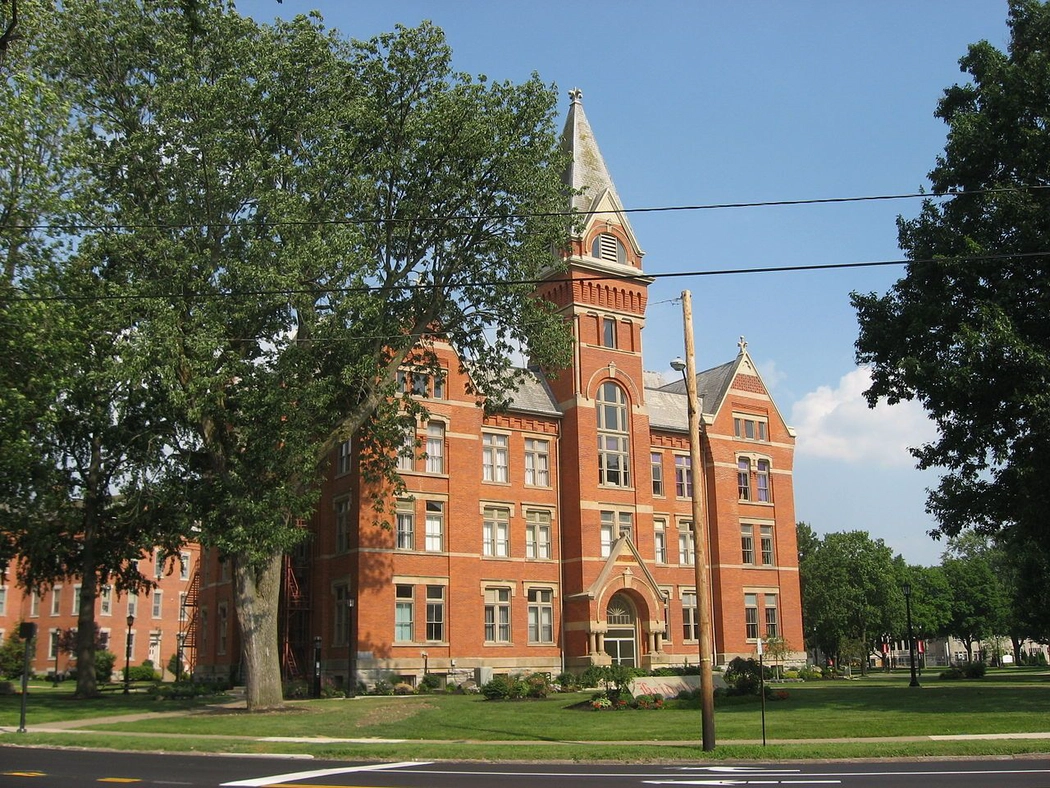How Does India Achieve Change in Its Policies?
DOI:
https://doi.org/10.21036/LTPUB10531Researcher
Rahul Mukherji is Professor and Head of the Department of Political Science at the South Asia Institute of Heidelberg University. Some of his previous affiliations include the University of Singapore and Jawaharlal Nehru University, New Delhi. Furthermore, he has undertaken research at Columbia University and City University New York and the Australian National University, Canberra. He is specialized in comparative politics, international relations and governance in South Asia. Twice, he has won the Award for Research Excellence of the National University Singapore.

Original Publication
Is India a Developmental State?
Rahul Mukherji
Published in
Governance Reform in a Weak State: Thirty Years of Indian Experience
Rahul Mukherji
Published in
Bureaucratic Rationality, Political Will and State Capacity: The Mahatma Gandhi National Rural Employment Guarantee Scheme (MGNREGS) in Andhra Pradesh
Globalization and Deregulation: Ideas, Interests, and Institutional Change in India
Rahul Mukherji
Published in
Political Economy of Reforms in India: Oxford India Short Introductions
Rahul Mukherji
Published in
Citation
Rahul Mukherji,
Latest Thinking,
How Does India Achieve Change in Its Policies?,
https://doi.org/10.21036/LTPUB10531,
Credits:
© Rahul Mukherji
and Latest Thinking
This work is licensed under CC-BY 4.0
